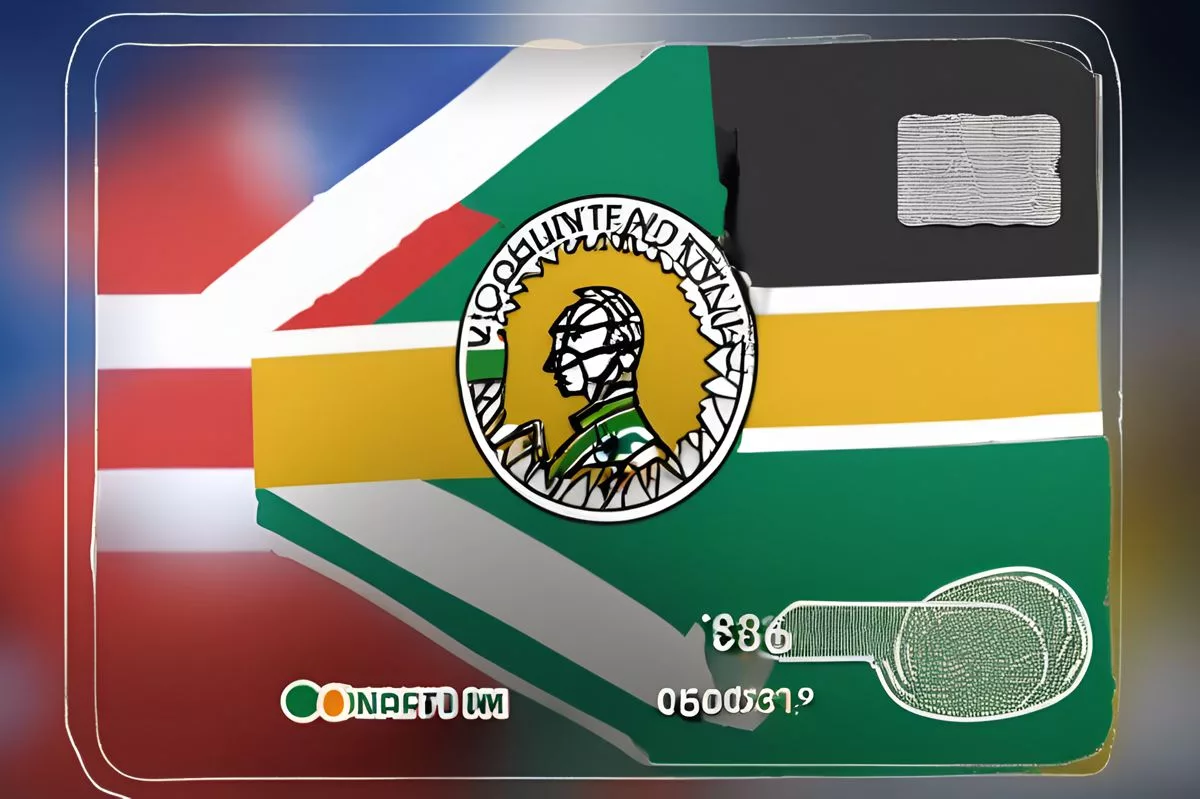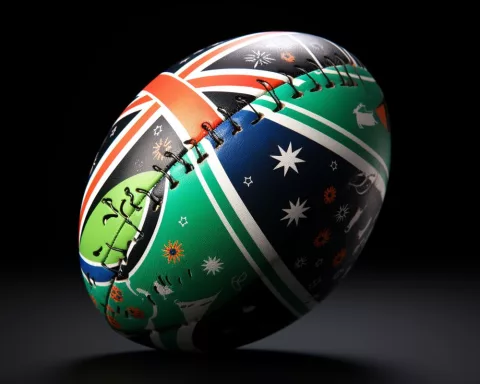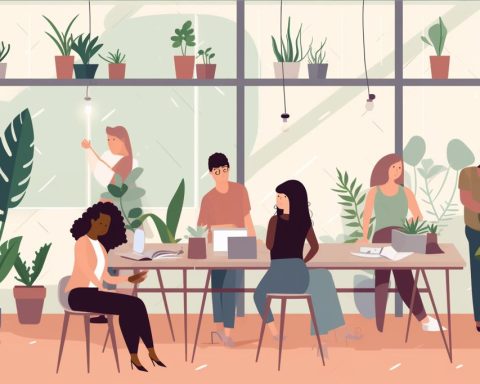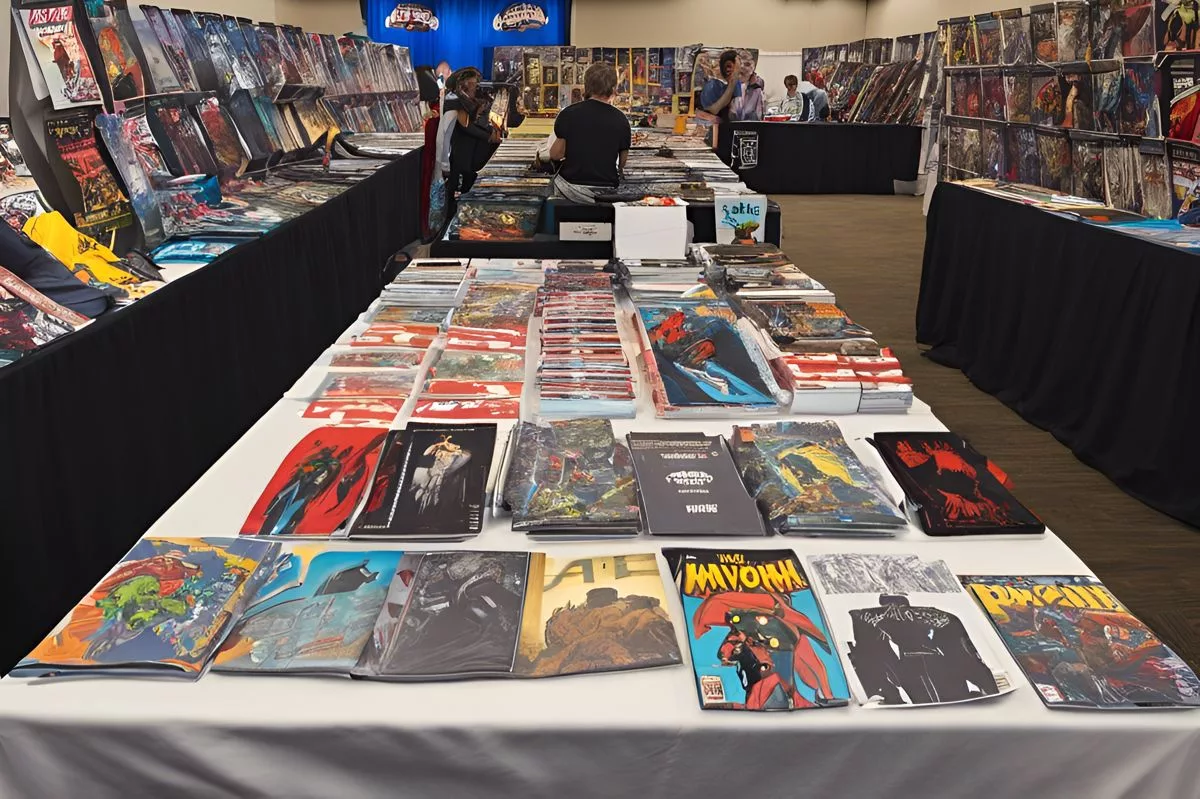Naturalized citizens in South Africa are being excluded from obtaining smart ID cards, which serve as a symbol of citizenship. This crisis highlights a trend of systemic bias within the Department of Home Affairs and the need for comprehensive immigration and legal counsel. The issue challenges the core of South Africa’s national identity and demands further exploration and debate to ensure all citizens feel included and valued.
The Unseen Discrimination in South Africa’s Rainbow Nation: Naturalized citizens in South Africa are being denied access to smart ID cards, which serve as a symbol of citizenship. Despite efforts by the Democratic Alliance, the situation remains stagnant, exposing a trend of systemic bias within the Department of Home Affairs. This crisis highlights the need for comprehensive immigration and legal counsel.
In the vibrant and diverse nation of South Africa, fondly referred to as Mzansi by its people, an unspoken bias often goes unseen by those fortunate enough to have citizenship by birth. Recently, an overlooked crisis involving the country’s naturalized citizens has come to light. These individuals, although having legally adopted South Africa as their home, find themselves subjected to second-tier citizen treatment.
The Plight of Naturalized Citizens
The unnoticed issue was brought to light when our digital platforms turned into communication channels for these naturalized South Africans. In response to an article we posted about South Africa’s smart ID cards, our comments area and WhatsApp were flooded with outcries from naturalized citizens. They claimed that they were denied the chance to acquire these ID cards.
The smart ID card serves as a symbol of South African citizenship. However, naturalized citizens find themselves left out from obtaining this essential societal tool. They are not provided with any particular reason for their exclusion. Rather, they are left to navigate through a labyrinth of red tape and bias, further intensifying their feelings of isolation and unfair treatment.
The Silent Struggle
Our platform was inundated with responses from these naturalized citizens, illustrating a narrative of quiet distress and ignored discrimination. Their personal accounts expose a trend of systemic bias within the Department of Home Affairs, leading to troubling implications about equality and justice within Mzansi.
Contributing to this escalating dialogue, the Democratic Alliance MP, Angel Khanyile, has stood up for these marginalized citizens. She lodged numerous complaints with the Public Prosecutor, shedding light on this overlooked form of discrimination. The party views this issue as a serious infringement of personal rights.
Despite Khanyile’s and her party’s tireless endeavors, the situation remains stagnant. More than a decade after the launch of smart ID cards in South Africa, naturalized citizens continue to find themselves marginalized, denied access to this crucial aspect of societal involvement. The Democratic Alliance sees this as a failure of administrative justice, a term that amplifies the seriousness of the matter.
Citizenship and Belonging in Question
A question that might spark curiosity in many of us is, should naturalized citizens be granted the right to smart ID cards, just like those born within the country’s borders? This question leads to a more extensive discussion about rights, citizenship, and the idea of belonging.
This escalating crisis underscores the need for comprehensive immigration and legal counsel. We urge those affected to reach out to Lawyers for Human Rights. Their immigration hotline is 0800 079 614, and they can also be reached via WhatsApp on +27 81 7168 791. This organization offers a ray of hope for those entangled in the intricacies of naturalization and the bias that often accompanies it.
Overall, this issue demands further exploration and debate, as it challenges the core of our national identity. As South Africans, we must ensure that all citizens feel included and valued. We cannot overlook the voices of our naturalized citizens. It’s high time they are also granted the opportunity to actively participate in our collective South African experience.
Remember, your insights and observations play a vital role in this conversation. We encourage you to share your thoughts in the comments section, and stay updated with our ongoing coverage of this issue on our social media platforms, TheSANews on X and The South African on Facebook.
1. What is the crisis facing naturalized citizens in South Africa?
Naturalized citizens in South Africa are being denied access to smart ID cards, which serve as a symbol of citizenship, exposing a trend of systemic bias within the Department of Home Affairs.
2. Why are naturalized citizens being excluded from obtaining smart ID cards?
Naturalized citizens are not provided with any particular reason for their exclusion and are left to navigate through a labyrinth of red tape and bias, further intensifying their feelings of isolation and unfair treatment.
3. Who is advocating for naturalized citizens?
The Democratic Alliance MP, Angel Khanyile, has lodged numerous complaints with the Public Prosecutor, shedding light on this overlooked form of discrimination. The party views this issue as a serious infringement of personal rights.
4. Should naturalized citizens be granted the right to smart ID cards?
This question leads to a more extensive discussion about rights, citizenship, and the idea of belonging. This issue highlights the need for comprehensive immigration and legal counsel.
5. What organization can naturalized citizens affected by this issue reach out to?
Lawyers for Human Rights, who offer a ray of hope for those entangled in the intricacies of naturalization and the bias that often accompanies it. Their immigration hotline is 0800 079 614, and they can also be reached via WhatsApp on +27 81 7168 791.
6. What does this issue challenge in South Africa’s national identity?
This issue challenges the core of South Africa’s national identity, as all citizens should feel included and valued in the collective South African experience.












